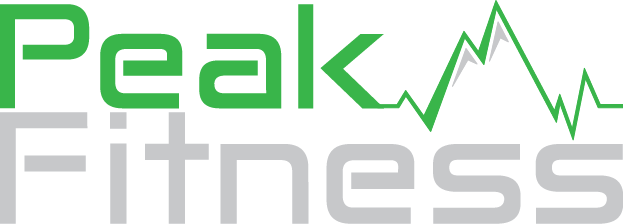5 Best Muscle Building Strategies - #3 Focus on Recovery
Strength training plateaus are a common challenge, but with the right strategies, they can be overcome. This guide presents the best choices for breaking through these frustrating stalls in your fitness journey.
1. Embrace Progressive Overload
What Is It?: Gradually increasing the stress on your muscles.
Why It's a Top Choice: It's crucial for continuous muscle growth and strength gains.
How to Implement: Alter sets, reps, and weight; modify exercise tempo; introduce new exercises.
2. Prioritize Proper Technique
What Is It?: Ensuring correct form in all exercises.
Why It's Crucial: Reduces injury risk and ensures targeted muscle development.
Best Approach: Work with a coach or trainer. [Insert Image: Trainer assisting a client with form]
3. Focus on Recovery
What Is It?: Incorporating adequate rest and recuperation.
Why It Matters: Muscle repair and strengthening occur during this time.
Top Tips: Prioritize sleep, include active recovery days.
4. Optimize Your Nutrition
What Is It?: Eating a balanced diet to support training.
Why It's Essential: Proper nutrition fuels workouts and aids in recovery.
Best Choices: Balanced intake of proteins, carbs, and fats.
5. Regularly Review Your Progress
What Is It?: Tracking your strength and fitness levels.
Why It's Vital: Helps identify achievements and areas for improvement.
Best Methods: Use fitness apps, keep a training log.
Implementing these strategies is key to breaking through strength training plateaus. They set you up for long-term success in your fitness journey. "Stronger Than Yesterday!" is more than just a catchphrase – it's a commitment to continuous growth and improvement. “Start Your Transformation Today!”
The Essential Role of Recovery in Training: Maximizing Muscle Repair and Growth
In the pursuit of strength and muscle growth, recovery is an aspect often overshadowed by more visible training efforts. However, it plays a crucial role in determining the effectiveness of your training regimen. This comprehensive guide will delve into the importance of recovery, what it entails, and practical tips to incorporate it effectively into your fitness routine.
Understanding Recovery in Training
What Is Recovery?
Recovery in strength training refers to the time and practices you dedicate to rest and recuperation after workouts. It's a period when the body repairs and strengthens muscles, replenishing energy stores and repairing tissues damaged during exercise.
Why Is Recovery So Important?
Skipping adequate recovery can lead to overtraining, injuries, and plateaus in performance. Proper recovery not only helps in muscle repair but also prepares your body for subsequent workouts, ensuring continuous progress in your strength training journey.
Why Recovery Matters
Muscle Repair and Growth
During recovery, your body undergoes muscle protein synthesis, repairing the micro-tears in muscle fibers caused by strength training. This process is essential for muscle growth and strength gains.
Energy Replenishment
Recovery allows your body to replenish its energy stores, which are depleted during intense workouts. Adequate rest ensures you have the energy for your next training session.
Preventing Injuries and Overtraining
Adequate recovery is key to preventing overtraining and injuries. It allows your body to heal and adapt, reducing the risk of strain and fatigue-related injuries.
Top Tips for Effective Recovery
Prioritize Sleep: Sleep is when a significant portion of recovery and muscle building occurs. It's crucial for overall health and optimal performance.
Active Recovery Days: Active recovery involves engaging in low-intensity exercise on your rest days. It helps in muscle recovery by increasing blood flow and reducing soreness.
Incorporate Stretching and Yoga: Stretching and yoga can improve flexibility, reduce muscle tightness, and enhance blood flow to the muscles, all of which aid in recovery.
Hydration and Nutrition: Hydration and proper nutrition play a crucial role in recovery.
Listen to Your Body: Feeling energized, reduced muscle soreness, and readiness to tackle the next workout are good indicators that your recovery strategies are working.
Use Recovery Tools: Tools like foam rollers, massage guns, and compression garments can assist in speeding up the recovery process.
Mental Recovery: Stress and mental fatigue can impede your physical recovery process.
Plan Recovery into Your Training Schedule
Conclusion
Focusing on recovery is not a luxury; it's a necessity for anyone engaged in strength training. By prioritizing rest and recuperation, you not only enhance muscle repair and growth but also improve overall performance and prevent injuries. Remember, recovery is when the real strength-building happens. Embrace it as a vital part of your fitness journey for sustainable and effective results.









